In third grade, Sam reads stories about farm animals, giant peaches, and magical dragons. About 75% of his peers struggle to read at third grade level.
In sixth grade, Sam is a little taller and strong enough to lug around a backpack full of books he will pour over for his history project on Ancient Civilizations. This year, several of his former classmates don’t pass the history class because they’re unable to comprehend the assigned reading making up 85% of their curriculum.
In twelfth grade, Sam tours colleges, sifts through complex financial aid documents, and writes application essays. About 1 in 6 of his friends who weren’t reading at grade level in third grade have dropped out of high school.
Children’s ability to read has profound implications for their lives and their engagement with their community.
Students with strong reading skills are more likely to:
- Have higher confidence and self-esteem (source)
- Graduate high school (source)
- Earn a living wage (source)
Confident readers are less likely to:
- Have behavior struggles in & out of the classroom (source)
- End up in juvenile hall or prison (source)
Nearly 85% of juveniles who interact with the court system are functionally illiterate, and 60% of the nation’s inmates are illiterate.

“Knowing there is a literacy crisis in America,” says Laqusha Locke, ENP’s Literacy Mentor Coordinator, “we’re working in our backyard, our city – in Fresno.”
8 in 10 students in Fresno Unified are not reading at grade level. Gwen Hooper, a reading intervention tutor at Webster Elementary School, says Fresno Unified is committed to providing early-intervention support, working to offer free reading programs for all students ages 0 to 5. However, kids’ reading skills are dependent on many factors schools can’t control. While schools are vested with the incredible responsibility to help children become strong readers, factors like poverty and parental education are strongly correlated with literacy rates.
How can our churches, business, college students, families, nonprofits, and community members support schools in changing this reality?
Data Shows Literacy Mentoring Works
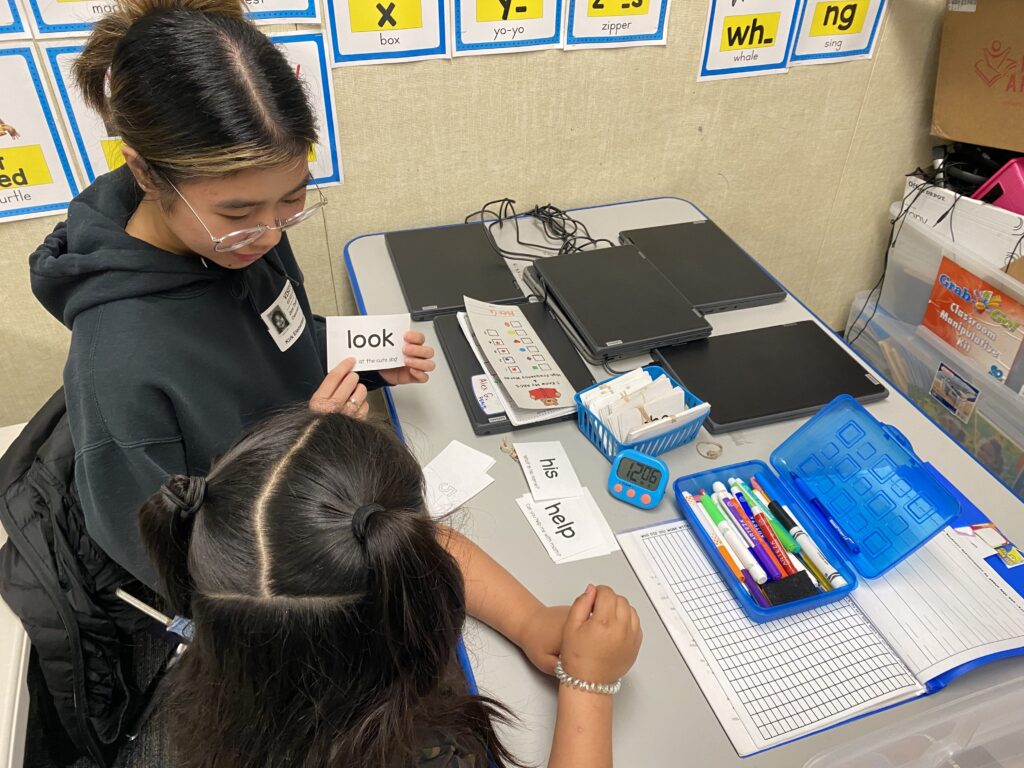
A mentorship model is extremely effective in helping a child strengthen their reading skills. Every Neighborhood Partnership’s literacy mentoring program trains volunteers to work one-on-one with students so each child receives the individualized support they need during the school day or after school.
An April 2023 Go Public Schools Fresno report states:
Research shows that tutoring continues to be one of the most promising ways to recover learning loss. We have seen that research ring true in Fresno Unified. In addition to its own tutoring options, the district provides tutoring through partnerships with various organizations. One of those organizations, Every Neighborhood Partnership, has seen consistent growth in the students who participate in their literacy tutoring.

SOURCE: “Are the Kids Alright? Where We Go from Here.” April 2023. Go Public Schools.
ENP’s literacy mentors working with kindergarteners through second graders help with sight word/high-frequency word knowledge using booklets, flashcards, games, writing activities and more. Early reading intervention is important because young minds are formidable. “Little brains can learn up to 5 languages!” says Sabrina Rodarte, ENP’s Extended Learning Coordinator.
Mentors for third through sixth graders help students with reading fluency and comprehension. In these upper grades, students are moving from learning to read to reading to learn. Kids need strong reading skills to comprehend the material in their classes.
In addition to working with kids on specific reading skills, literacy mentors serve as positive adult role models, checking in on their students socially and emotionally. This is a vital part of helping kids grow in their self-esteem and excitement for learning.
“The literacy mentors we work with are sharing weekly highlights about the progress their students are making,” says Laqusha. “It’s encouraging knowing the work they do is paying off on a weekly basis.”
If you are unable to serve as a literacy mentor yourself, there are many other ways you can support students!
How you can support students:
- Churches:
- Host an educational class on “Literacy in Fresno,” helping your congregation understand the literacy crisis in our city.
- Ask your church’s small groups to adopt a classroom at your local elementary school and volunteer as literacy mentors!
- Host an educational class on “Literacy in Fresno,” helping your congregation understand the literacy crisis in our city.
- Business Owners:
- Offer incentives to students for reaching reading milestones! For example, the Fresno Grizzlies gave baseball tickets to kids who have made the most progress in reading and Pizza Hut donated pizzas for the class who read the most books!
- Encourage your employees to volunteer an hour a week as a literacy mentor!
- Individuals & Families:
- Give financially to organizations with literacy programs like Every Neighborhood Partnership or Reading Heart!
Parental Education Might be the Biggest Factor
If a child’s parents are not able to read with them or help their kids with homework, the student is far less likely to become a strong reader. In fact, “parental education might be the biggest factor” in determining a student’s academic success according to a 2022 EdSource article.
Reading must be taking place at home as well as school for children to grow in their skills. However, 61% of low-income families don’t have a single book in their homes for their children.
“Schools are doing a lot,” says Sabrina. “What we need is more support for parents. We need to ask, how can we build up a parent so they can build up their child?”
61% of low-income families don’t have a single book in their homes for their children.

How you can support parents:
- Churches:
- Host helpful classes on topics like reading, writing, digital literacy, healthy living, or general parenting advice!
- Businesses
- Sponsor ESL classes or continuing education courses for your employees.
- Individuals & Families
When parents feel empowered and know how to invest in their child’s education, the home can become a vibrant space for literacy growth.
Encouraging Educators Amidst a Teacher Shortage
“We’re facing a teacher shortage,” says Gwen. “Teachers are giving all they can give and some are burnt out. They care about students, have compassion, and carry an intrinsic desire to teach. But they still want to feel appreciated.”
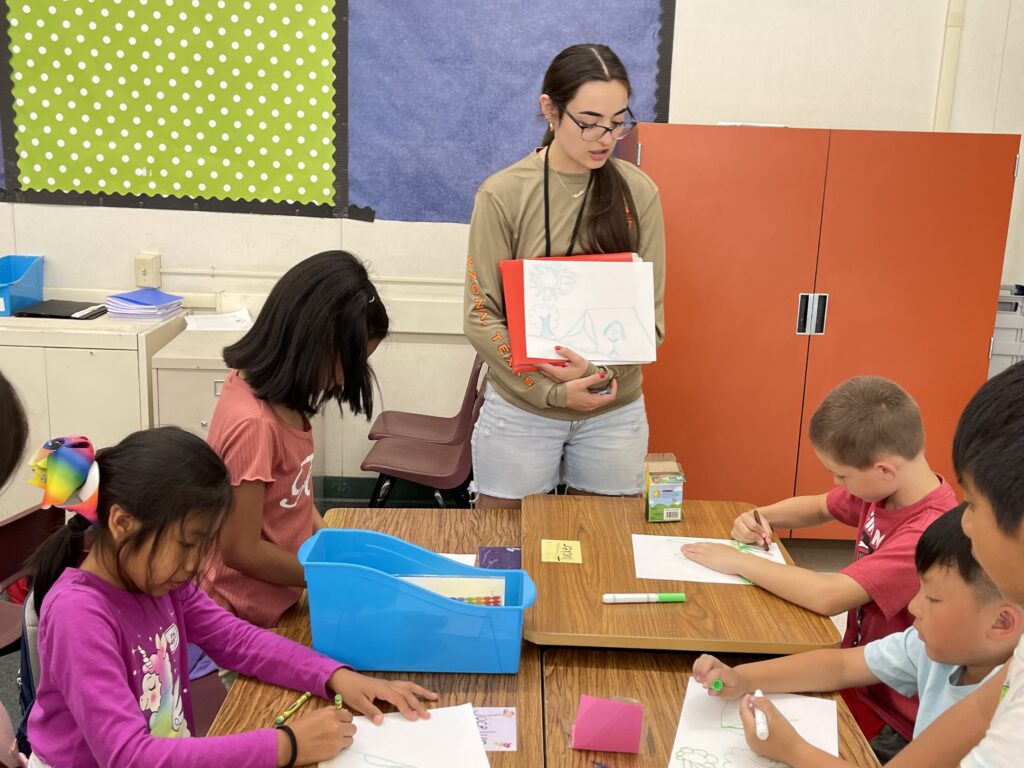
“Teachers are doing amazing work in the classroom,” says Laqusha. “We want to come alongside them in any way we can to help our students learn and grow.”
As the educators of our city’s children, Fresno teachers need our support. Here are a few ways you can champion teachers at your local school!
How you can support teachers:
- Churches
- “Bless the Staff” at your local school!
- Become a school’s Church Partner!
- What does this mean? Partnership can include blessing the staff with an appreciation event every other semester OR providing weekly volunteers for after-school programs. Reach out to Jenessa and the School Support team today to create a school partnership at jenessa@everyneighborhood.org.
- Businesses
- Sponsor an appreciation dinner for local teachers.
- Donate classroom supplies!
- Local Media
- Share positive stories about the work schools, teachers, and kids are doing and how the community can rally behind them.
- Individuals & Families
- Write a note of appreciation to each of your children’s teachers.
- Donate books to a classroom.
- Contact teachers at your local school and ask what they need to feel supported!
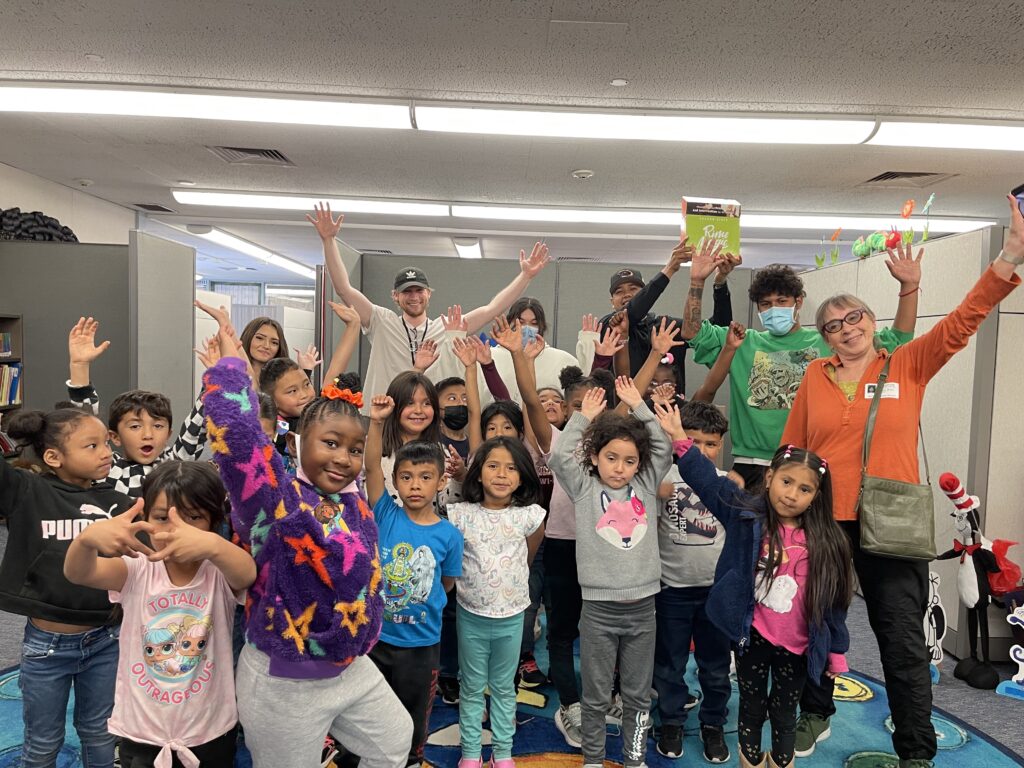
Join the movement
Helping Fresno students become confident readers will transform our city. Contact ENP to get involved in the literacy movement today.

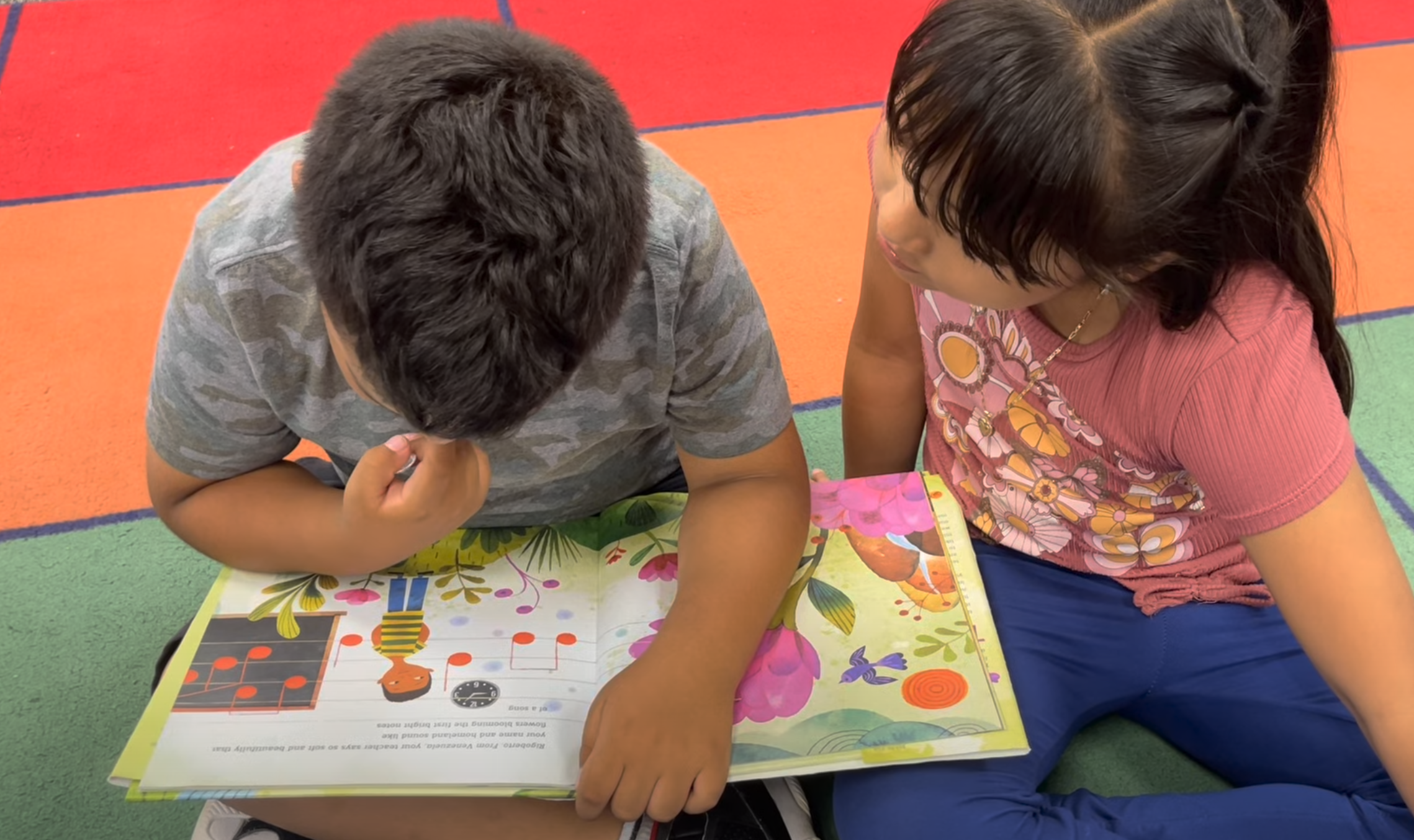
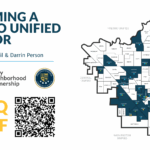

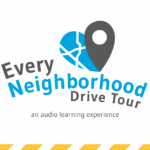


Leave a Reply